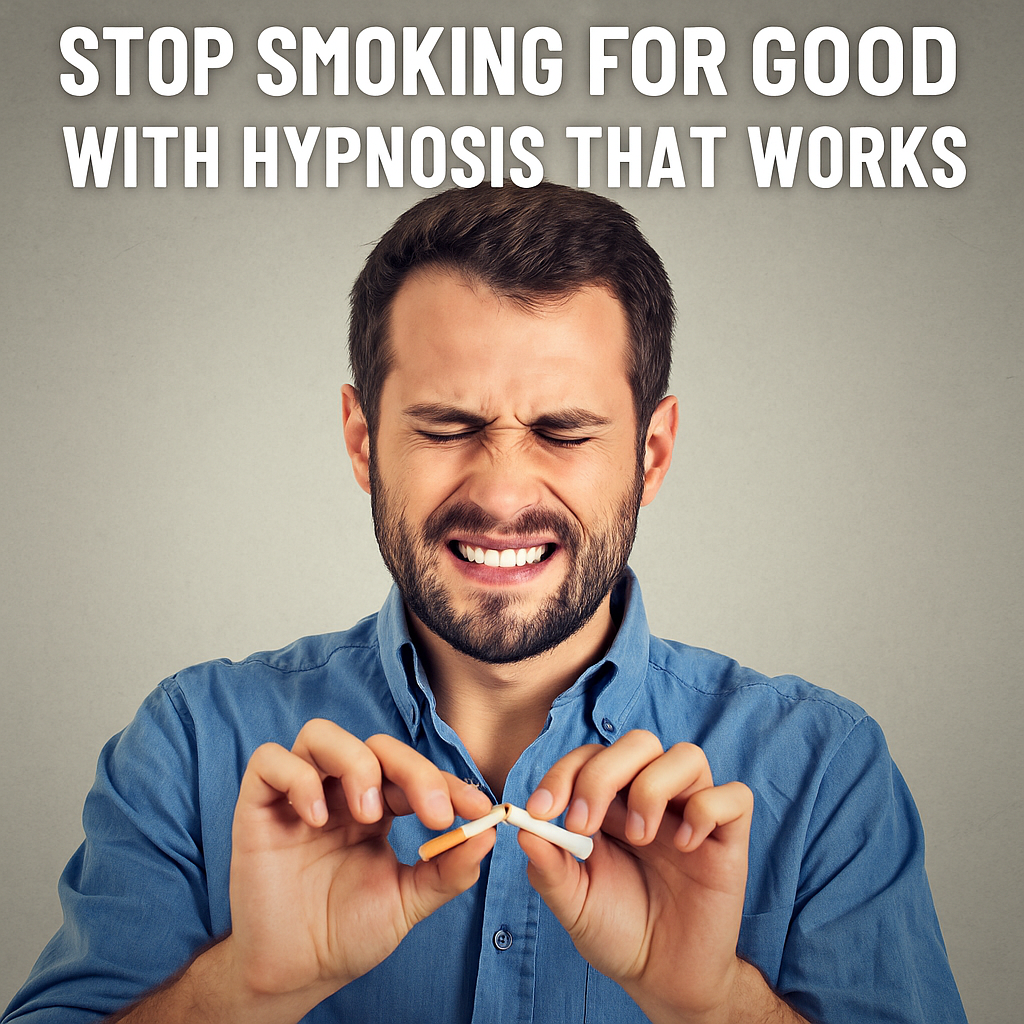Understanding Anxiety: The Importance of Anxiety Tests and the Role of Hypnosis
Anxiety is a complex mental health condition that affects millions of individuals worldwide. While it is normal to experience occasional feelings of anxiety, persistent or excessive worry can significantly impact daily functioning and overall well-being. Fortunately, there are various tools and resources available to help individuals identify and manage their anxiety effectively. In this article, we will explore the importance of anxiety tests in assessing symptoms and the role of hypnosis in anxiety management.

Understanding Anxiety Tests:
Anxiety tests, also known as anxiety assessments or screenings, are diagnostic tools used to evaluate the severity of anxiety symptoms and assess their impact on daily life. These tests typically consist of a series of questions designed to measure various aspects of anxiety, including frequency, intensity, duration, and specific triggers.
There are several types of anxiety tests, each tailored to assess different anxiety disorders, such as generalized anxiety disorder (GAD), panic disorder, social anxiety disorder, and obsessive-compulsive disorder (OCD).
Some common anxiety tests include:
- Generalized Anxiety Disorder 7 (GAD-7) Scale: The GAD-7 is a brief self-assessment tool used to screen for generalized anxiety disorder. It consists of seven questions that assess the severity of symptoms such as excessive worry, restlessness, and difficulty concentrating.
- Hamilton Anxiety Rating Scale (HAM-A): The HAM-A is a clinician-administered assessment tool used to measure the severity of anxiety symptoms in individuals with various anxiety disorders. It evaluates symptoms such as tension, nervousness, and panic attacks.
- Panic Disorder Severity Scale (PDSS): The PDSS is a self-report questionnaire used to assess the severity of panic disorder symptoms, including panic attacks, anticipatory anxiety, and avoidance behaviors.
- Social Phobia Inventory (SPIN): The SPIN is a self-administered questionnaire used to assess symptoms of social anxiety disorder. It evaluates fears related to social situations, avoidance behaviors, and physical symptoms of anxiety. Importance of
Anxiety tests play a crucial role in the diagnosis and treatment of anxiety disorders. By completing an anxiety test, individuals can gain insight into their symptoms and their impact on daily life. These assessments help healthcare professionals accurately diagnose anxiety disorders and develop personalized treatment plans tailored to individual needs.
Additionally, anxiety tests can help individuals track their progress over time and monitor the effectiveness of treatment interventions. By regularly assessing symptoms, individuals and their healthcare providers can make informed decisions about adjustments to treatment approaches and identify areas for further support or intervention.
The Role of Hypnosis in Anxiety Management:
Hypnosis, also known as hypnotherapy, is a therapeutic technique that involves inducing a trance-like state of heightened relaxation and focus. During hypnosis, individuals are more open to suggestions and can explore and address underlying issues contributing to their anxiety. Hypnosis can be an effective tool in anxiety management for several reasons:
- Addressing underlying traumas or negative experiences: Hypnosis can help individuals uncover and process past traumas or negative experiences that may be contributing to their anxiety.
- Changing negative thought patterns: Hypnosis can help individuals replace negative thought patterns and beliefs with more positive and adaptive ones, leading to a reduction in anxiety symptoms.
- Promoting relaxation and stress reduction: Hypnosis induces a state of deep relaxation, which can help individuals manage stress and anxiety more effectively.
- Enhancing coping skills: Through hypnosis, individuals can learn and practice coping skills and relaxation techniques to manage anxiety symptoms in their daily lives.
Anxiety tests are valuable tools in assessing symptoms and guiding the treatment of anxiety disorders. By completing an anxiety test, individuals can gain insight into their symptoms and their impact on daily life, paving the way for effective intervention and support. Additionally, hypnosis can complement traditional anxiety treatments by addressing underlying issues and promoting relaxation and coping skills.
If you or someone you know is struggling with anxiety, consider taking an anxiety test and exploring hypnosis as part of a comprehensive treatment approach. Remember, support and resources are available to help you manage anxiety and improve your overall well-being.
Get a free copy of my program, The Power of Your Unconscious Mind, to better understand where anxiety comes from and how we can get rid of it.
The post Understanding Anxiety: The Importance of Anxiety Tests and the Role of Hypnosis first appeared on Indy Hypnosis Center.



